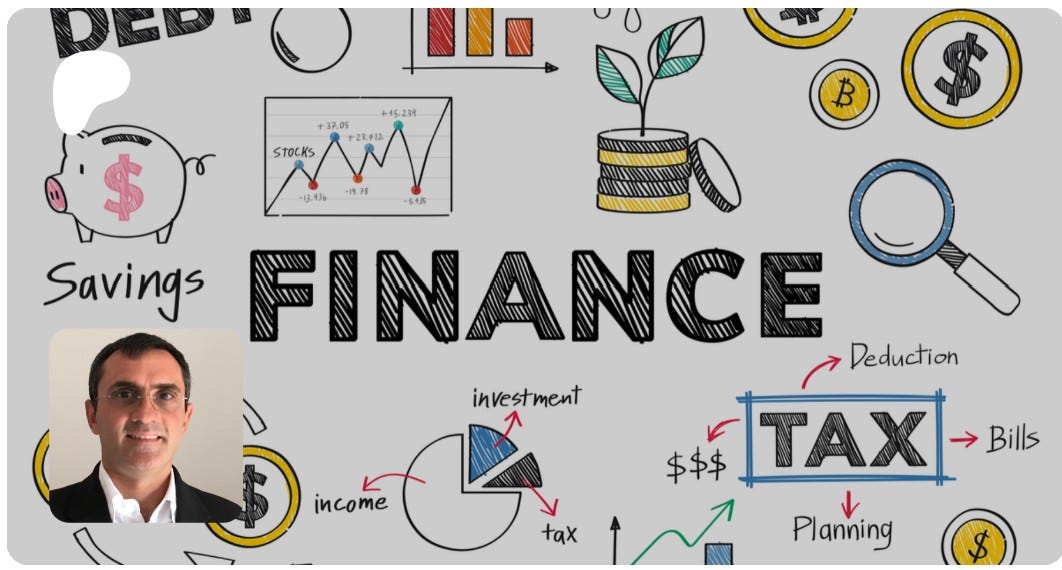DBRS Morgningsta published a commentary, on the decisions of some Italian courts that consider the distinction between master servicing and special servicing activities to be in breach of Italian Securitisation Law as well as the potential credit implications.
The Italian Securitisation Law (Law No. 130, 30 April 1999) provides a legal framework for securitisation transactions in Italy, mandating that servicers must be either a bank or an Authorised Financial Intermediary registered with the Bank of Italy. This law outlines servicers' responsibilities, including the collection of receivables and ensuring transactions comply with legal and prospectus requirements. In the context of nonperforming loan (NPL) securitisations, services are bifurcated into master and special servicing activities, with the former including reserved tasks like collecting receivables and verifying transaction compliance, tasks that only banks and Authorised Financial Intermediaries can perform.
Special servicing, which involves collecting outstanding amounts through judicial or extrajudicial means, requires only a license from the provincial police but is not regulated by the Bank of Italy. DBRS commentary examines Italian court decisions that challenge the legality of distinguishing between master and special servicing under the Italian Securitisation Law and discusses the potential implications for credit.
The Italian Securitisation Law does not explicitly differentiate between master and special servicing activities but defines servicing as the collection of receivables and verifying legal and prospectus compliance. The Bank of Italy's circular and communications clarify these roles, emphasizing that:
- Master servicing activities include legal and prospectus compliance, collection of receivables, providing information to the Bank of Italy, anti-money laundering compliance, monitoring reconciliation, calculating interest rates, and regulatory write-downs.
- Special servicing activities deal with credit recovery, rescheduling receivables, enforcement proceedings, breach of seller warranties, handling mortgages and guarantees, document custody, and note sales.
Scope on Italian NPL securitisation
The expectation of an economic and monetary stabilization is anticipated to diminish the trend of negative ratings, even as servicer performance remains below expectations. However, our outlook still leans towards the negative. Scope currently assesses 48 senior tranches and 18 mezzanine tranches in Italian NPL public transactions. Since the second quarter of 2019, half of the senior tranches have been downgraded, while only six have seen upgrades. According to Antonio Casado, Head of Structured Finance Monitoring, these downgrades are largely due to unexpectedly large reductions in the value of secured exposures and, in some cases, slower judicial resolutions and higher costs than anticipated.
The Bank of Italy stresses that the servicer must ensure the homogeneity of securitised assets, the SPV's sole securitisation purpose, and proper formalities of assignment. Servicers cannot subdelegate the verification of transaction compliance but may subdelegate collection and payment services.
The Italian NPL market often sees a division of servicing between a master servicer (a bank or Authorized Financial Intermediary) and a special servicer (licensed under TULPS). The Bank of Italy has increased supervision due to the rise in securitisation transactions, focusing on ensuring that credit management and payment flows are handled by entities it regulates. Challenges arise in identifying the actual entities involved in credit recovery due to complex contractual arrangements, leading to a lack of clarity in responsibilities, especially when transactions underperform.
The Bank of Italy has noted deficiencies in supervised servicers' organizational capacities to manage third-party risks, particularly regarding the relationship with special servicers. This affects market supervision and exposes servicers to operational and reputational risks. Consequently, the Bank of Italy mandates servicers to assess third-party impacts on their liability and the transparency and integrity of the securitisation market, ensuring their structures align with legal roles and actively participating in managing securitised loans, including addressing anomalies or negative trends in recovery cash flows.
In the last quarter of 2023, Italian enforcement courts suspended foreclosure proceedings initiated by securitisation SPVs through their special servicers. These suspensions were due to the recovery entities not being banks or Authorised Financial Intermediaries as mandated by the Italian Securitisation Law. In some cases, judges upheld the validity of third-party subdelegation by servicers, but in one instance, a judge invalidated the special servicer's mandate due to unclear documentation.
Despite these legal challenges, the assignment of portfolios by originators to SPVs remains unaffected. Currently, there are 36 rated Italian NPL securitisations involving 18 transactions with TULPS-authorised companies acting as special servicers. The lack of a Supreme Court ruling on servicers' subdelegation limits could lead debtors to contest enforcement proceedings, potentially delaying recoveries.
The EU's Servicers' Directive, not yet transposed into Italian law, could resolve these issues. Italy's draft European Transposition Law of 2024 is intended to align Italian law with the Directive. The Italian Treasury started a public consultation on the draft legislative decree to implement the Directive, which, as per the current proposals, will not apply to transactions under the Italian Securitisation Law. However, changes are expected to ensure coordination between Italian law and the EU Directive. The draft law was approved by the Italian Chamber of Deputies and is under discussion in the Senate.
While a definitive ruling from the Italian Supreme Court on the permissibility of subcontracting special servicing duties to non-bank and non-Authorised Financial Intermediary entities may take additional time, the integration of the Servicers' Directive into Italian law could provide clarity on this issue. The forthcoming Italian European Transposition Law of 2024 is set to revise the Italian Securitisation Law accordingly. In the interim, it is anticipated that debtors will challenge the legitimacy of special servicers' mandates, arguing they are invalid or that they do not confer the legal authority to initiate enforcement due to non-compliance with the Italian Securitisation Law. To circumvent potential recovery delays stemming from such disputes, parties in Italian securitisation transactions are likely to prioritize clarity and precision in their contractual terms, clearly delineating roles to preempt any further judgments similar to those currently under review.
At present, given the detailed nature of Italian NPL portfolios and the absence of comprehensive information from both master and special servicers, the extent to which this legal development will impact the recovery timeline and the overall performance of Italian NPL securitisations rated by Morningstar DBRS remains challenging to evaluate.
Relevant Links:
https://dbrs.morningstar.com/research/427341/italian-npls-special-servicers-under-the-magnifying-glass-of-italian-courts
This newsletter is free please consider supporting it with a small donation
Check my personal blog mostly in Italian
See my full professional profile (available for consulting projects)
My Podcast on Financial News and Education
My new Podcast on Italian Politics












